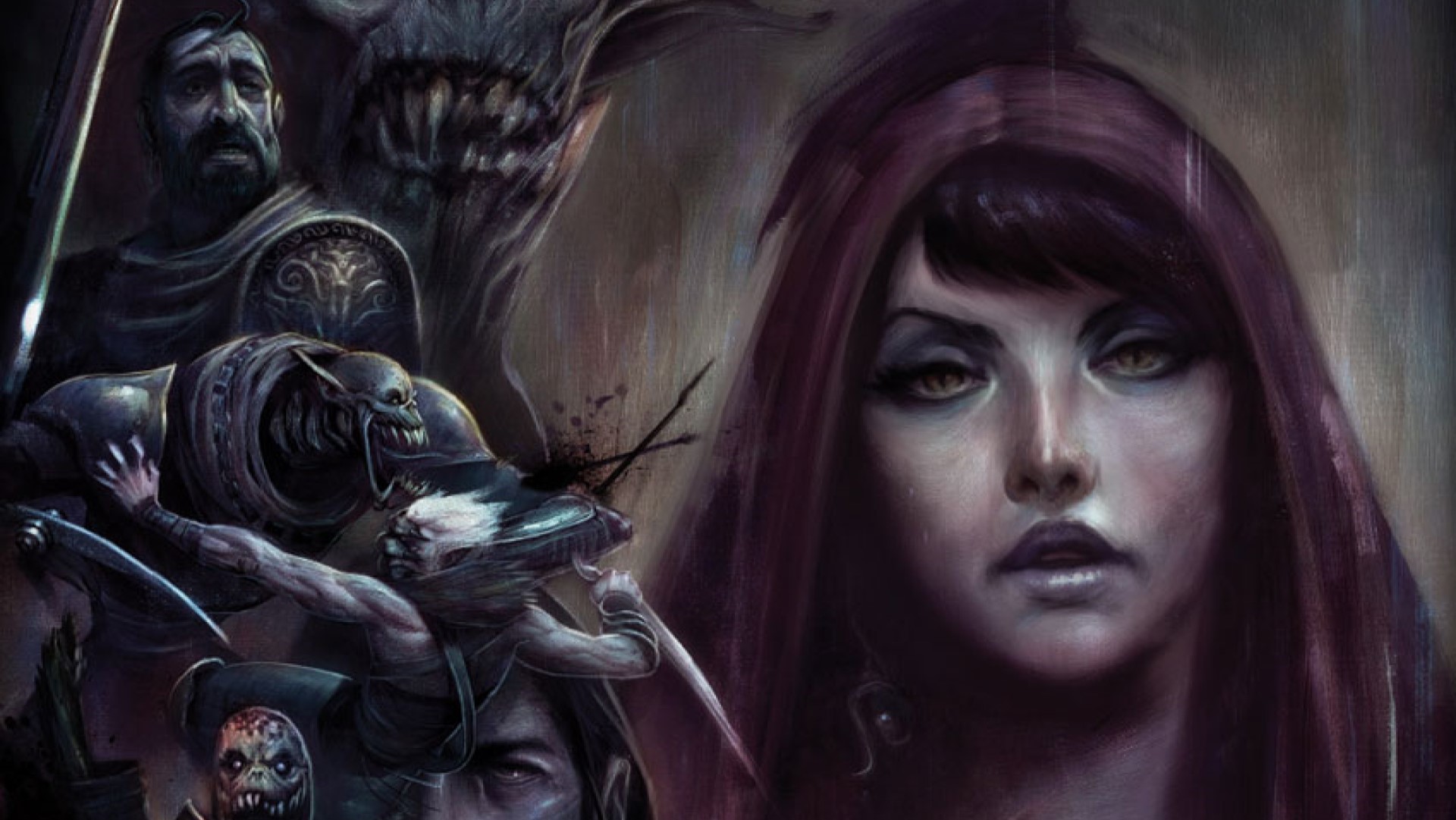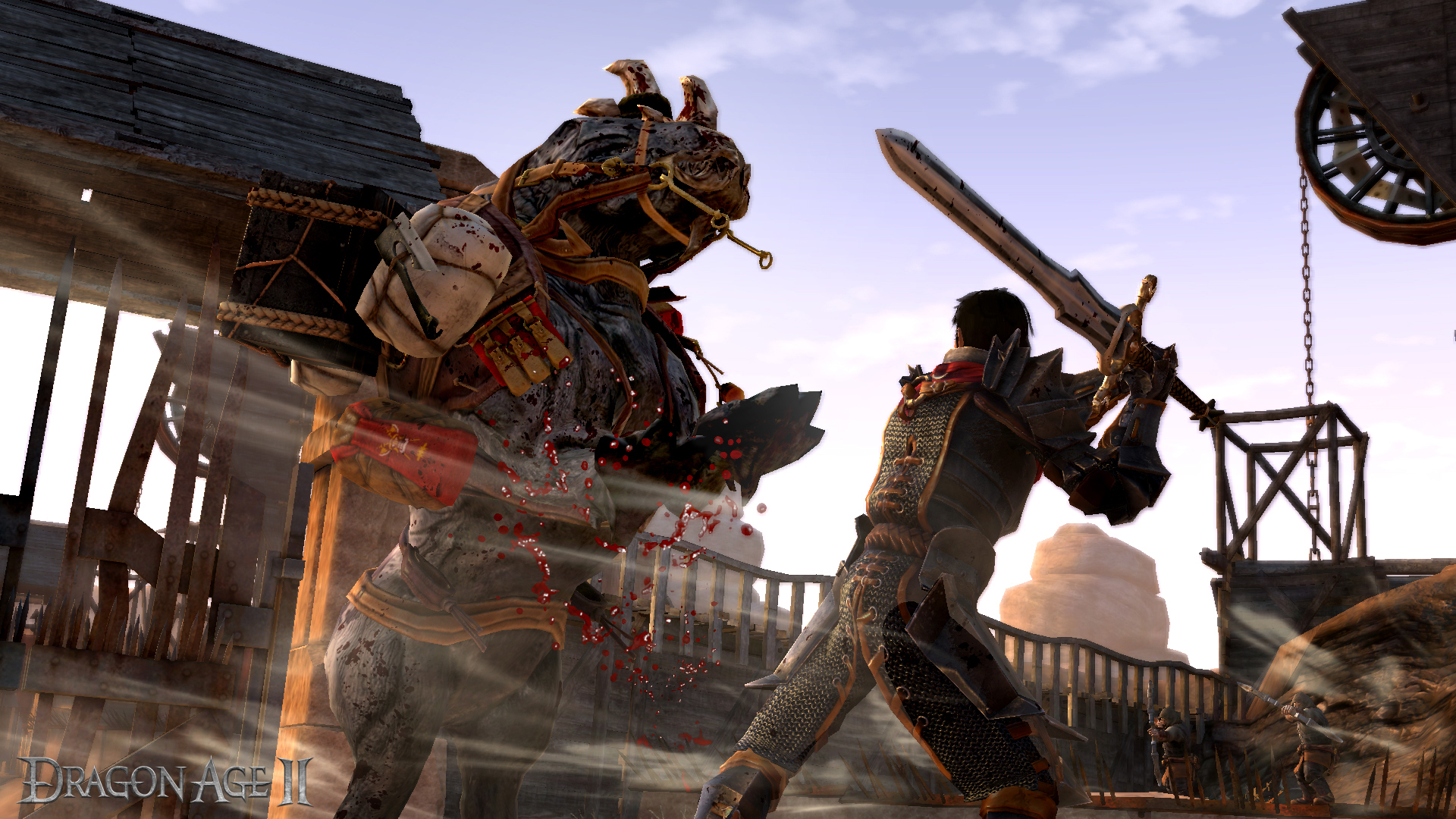
Former Dragon Age narrative lead David Gaider has shed some light on why he left BioWare in 2016, offering some unpleasant revelations about the treatment of writers at the company.
In a series of Tweets, Gaider offered some insight into the treatment of writers at the studio, which is currently working on Dragon Age: Dreadwolf. Gaider painted a bleak picture, stating that: “Even BioWare, which built its success on a reputation for good stories and characters, slowly turned from a company that vocally valued its writers to one where we were... quietly resented, with a reliance on expensive narrative seen as the "albatross" holding the company back.”
The Tweets themselves come alongside the ongoing writers’ strike in the United States, where the Writers Guild of America has organized industrial action in protest against the creation of “a gig economy inside a union workforce” (via Vox).
Weighing in on the issue, Gaider tweeted that writing is a constantly undervalued discipline. It's something that everyone thinks they can do ("I can write a sentence! I know what a story is!"), and frankly, the difference between good and bad writing is lost on many, anyhow.”
Even BioWare, which built its success on a reputation for good stories and characters, slowly turned from a company that vocally valued its writers to one where we were... quietly resented, with a reliance on expensive narrative seen as the "albatross" holding the company back.May 3, 2023
The story continues

Gaider parted ways with BioWare in 2016 and is currently working on a new title called Stray Gods: the Roleplaying Musical as part of his studio, Summerfall Studios. As the name implies, the title takes place in a supernatural version of our modern world. It follows the story of a woman called Grace, who has the power to pull people into musical numbers granted by one of the Ancient Greek Muses.
It’s a left-of-field, high-concept premise full of Greek Gods, myths and monsters, but it will undoubtedly be an ample opportunity for Gaider’s writing prowess to shine through.
Many video games live and die on the strength of their writing. The Dragon Age trilogy embodied this maxim, offering a fully realized fantasy world with its own politics, history and rich culture. Existing in that world through the Dragon Age trilogy and its cast of memorable characters was an absolute pleasure for me and helped set the bar for what modern video games can achieve regarding world-building.
Gaider is right to draw attention to the necessity of writers and their craft
Gaider is right to draw attention to the necessity of writers and their craft. As Gaider put it: “in games, you even see this attitude among those who want to get into the field. "I don't have any REAL skills... I can't art, I can't program, so I guess I'll become a writer? It's better than QA!" As if game writing didn't require any actual skill which requires development.”
Though we must always be careful not to ascribe the work of a team of writers to one individual, it is gratifying to see Gaider come out to bat for this underappreciated sector of game development. Video game writing is near and dear to my heart, from the stellar writing in Marvel’s Midnight Suns to classic stories like Final Fantasy 7, memorable dialogue, narrative arcs, and worldbuilding stay with us long after we put the controller down.







